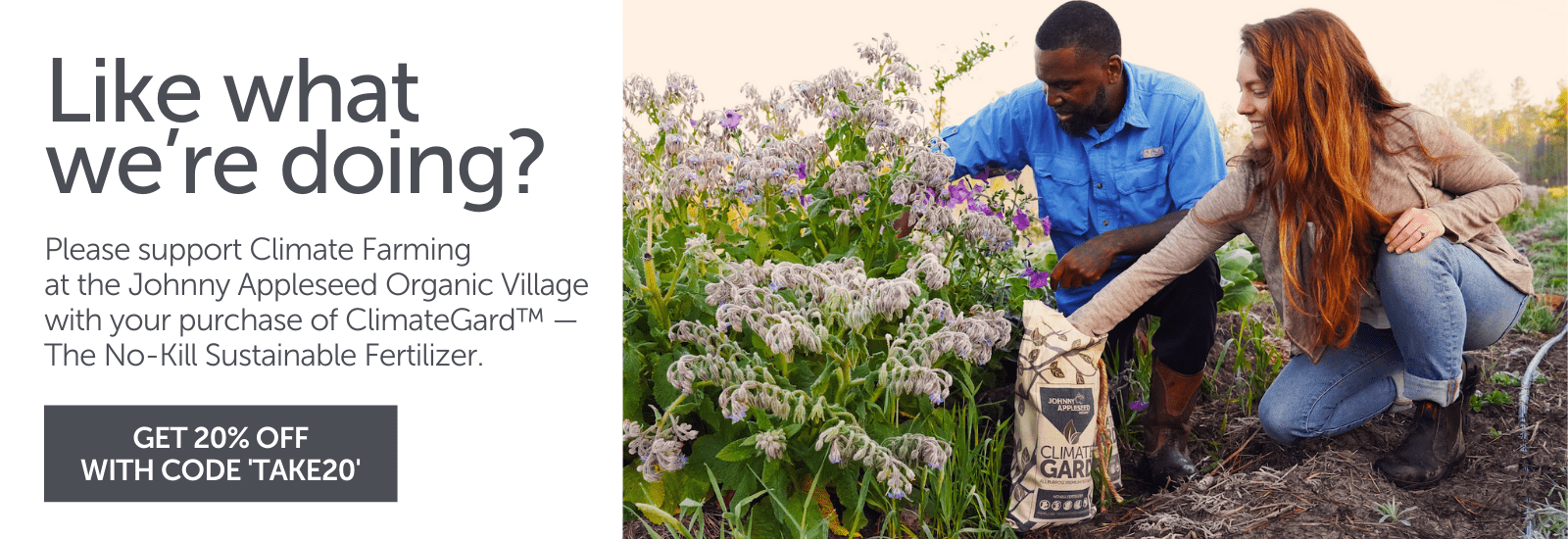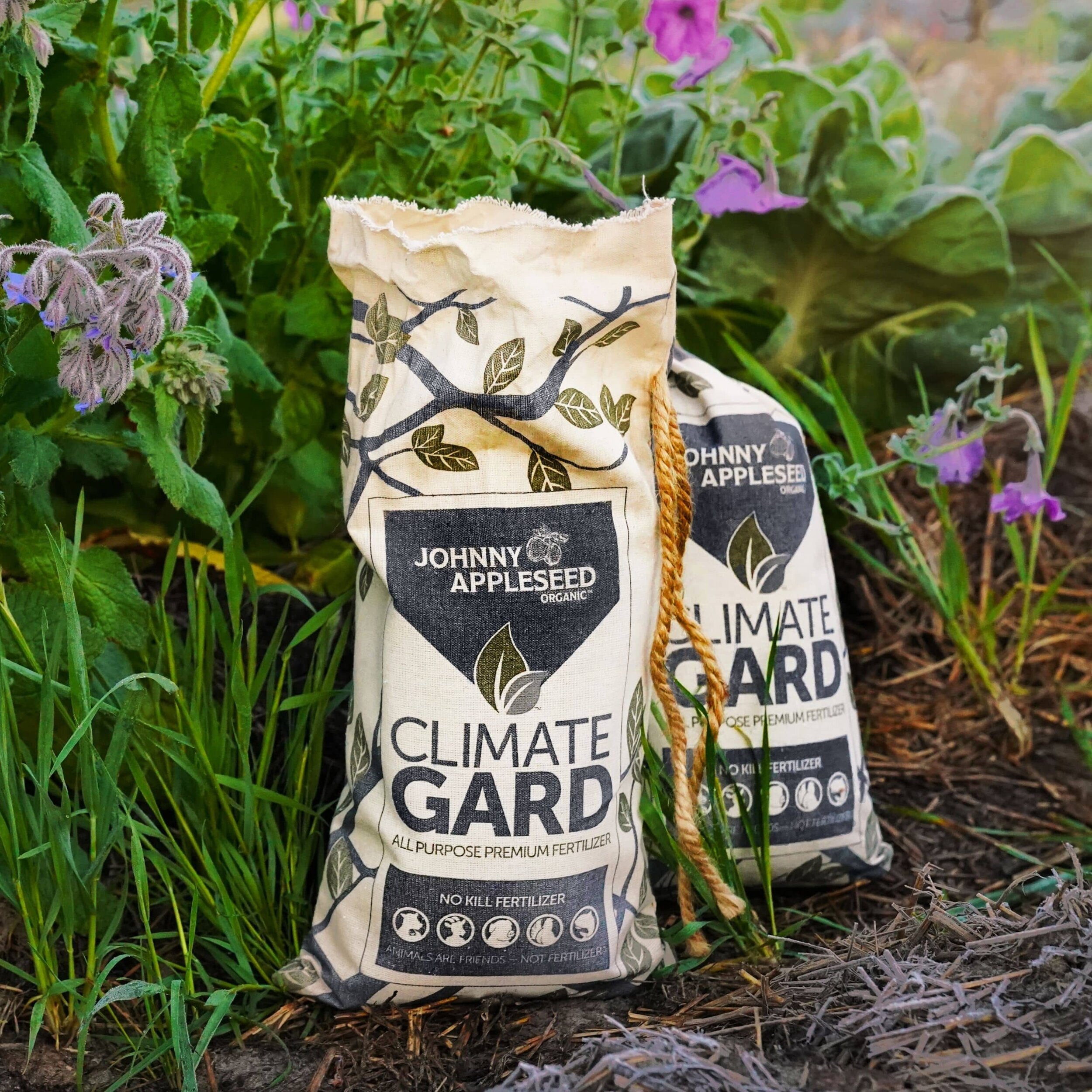Plant-Powered Tilling with the Daikon Radish
By Mikael Maynard
Did you know that daikon radish (Raphanus Sativas L., Longipinnatus group) can be used in your garden or farm for more than just eating? When planted appropriately, daikons can actually be put to work tilling the soil for you. This must be why they are also known as “tillage radish!”
Translated from Japanese, daikon means “big root” — and big they are! They are capable of growing a long, thick, cylindrical taproot that can extend up to a foot long as it pushes into the soil.
This is what you typically see as the daikon radish’s harvestable upper portion of the taproot. But wait! That isn’t all!
There is a lower, thinner portion of the taproot that gets broken off when harvested. This often-unseen portion can grow up to 6’ into soil — a lot deeper than a subsoiler, which can only reach depths of 2.5 feet! The daikon’s lateral roots also grow out from the taproot, penetrating the soil outward and further downward and giving the root system an exceptionally large surface area.
This is good news for farmers and gardeners who are taking a regenerative approach to growing food with minimal-till or no-till techniques. Not only will these roots help to break up compacted soils (deeper than any farm equipment), but when left to rot in the soil, the roots decompose, eventually filling all those pathways with the nutrients it captured over its lifespan. This builds a softer soil profile due to the aeration and increased holding capacity of water caused by the vertical fractures created by the daikon radish’s roots — ultimately leading to more nutrient-dense soils that support beneficial microorganisms and fungi!
As Elizabeth Murphy explains in her book ‘Building Soil: A Down to Earth Approach,’ “Roots actually exude sugar, which is like candy to microorganisms, creating hot red-light districts of feeding and breeding in the soil.”
A review paper written for the Journal of Soil Biology and Biochemistry by Anna Gunina and Yakov Kuzyakov concurs:
“Sugars are the most abundant organic compounds in the biosphere because they are monomers of all polysaccharides…sugar uptake, utilization and recycling by microorganisms is by far the dominating process of sugar transformation in soil compared to sorption, leaching or plant uptake. Moreover, sugars are the most important carbon (C) and energy source for soil microorganisms.”
“Considering this rate along with the glucose input from plants and its content in soil solution, we estimate that only about 20% of all sugars in soil originate from the primary source – decomposition of plant litter and rhizodeposits. The remaining 80% originates from the secondary source – microorganisms and their residues.”
So, not only are daikon radishes creating an inviting environment for soil microorganisms, but they also feed them! According to the passages above, feeding the microorganisms allows for what Gunina and Kuzyakov call an “external recycling” process where the microorganisms who feed off of plant root sugars are able to themselves produce 4x more sugars (a source of carbon) through their residues than their plant counterparts!
Since these sugars are a source of carbon, while you are tilling your fields with daikon, you are also playing an important part in reducing the amount of greenhouse gases in the atmosphere — a wonderful solution for combating climate change!
Plants may not grow as fast as a tractor with a subsoiler or a walk-behind rototiller, but you will surely reap the long-term benefits of this practice, and so will the earth.
Subscribe to Newsletter
Follow Us on Social
Cutting-edge microbiology
No kill formula
Superior plant nutrition derived from the most ethical, sustainable sources available.
Produces the same results as conventional fertilizers without the negative environmental impacts.
Each ClimateGard pellet is infused with micronutrients, silicon, humic acid and a high-performance blend of living bacteria and fungi.
Delivered in an environmentally friendly organic cotton bag with a compostable inner liner.
Will continue to enrich your soil long after application.
$39.95 for 7.5 pound bag | $69.95 for 15 pound bag.
He
lo, World!


